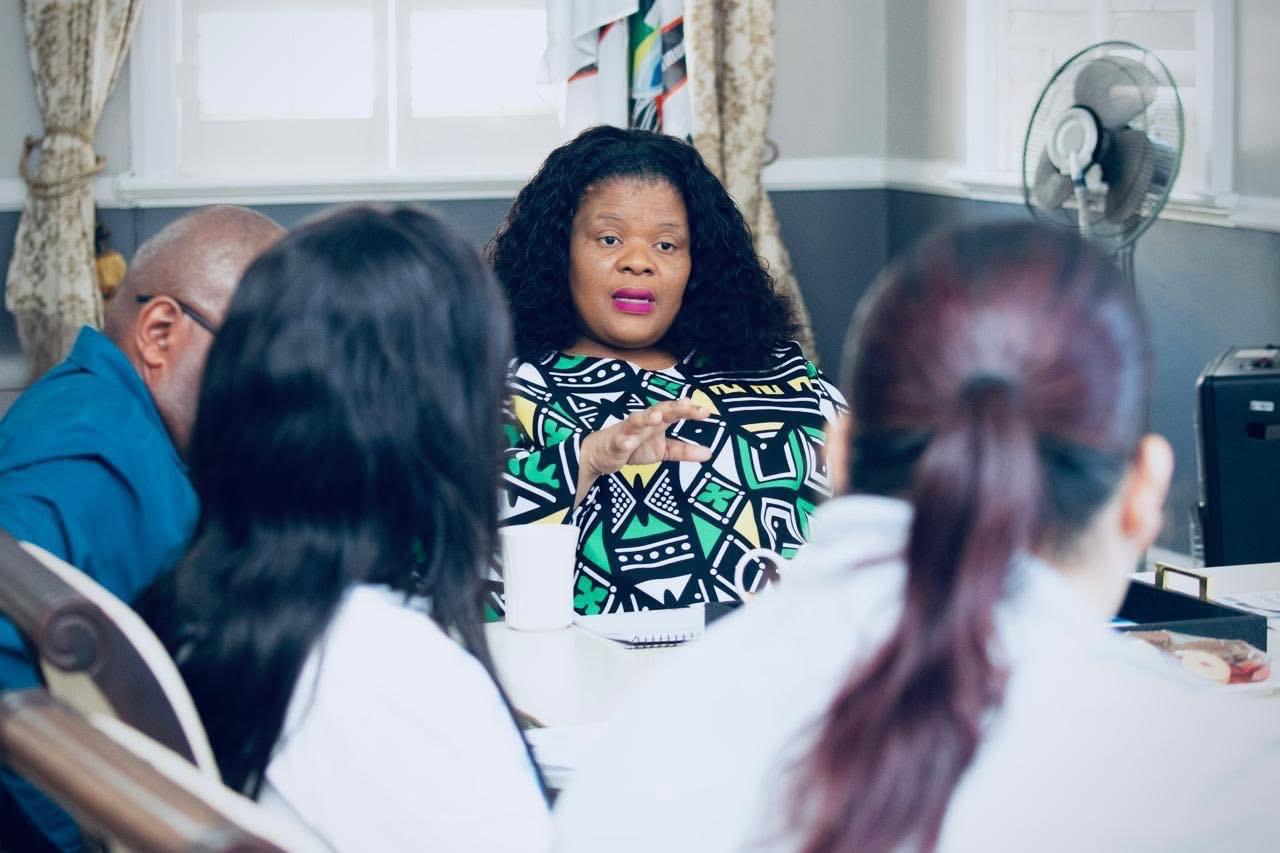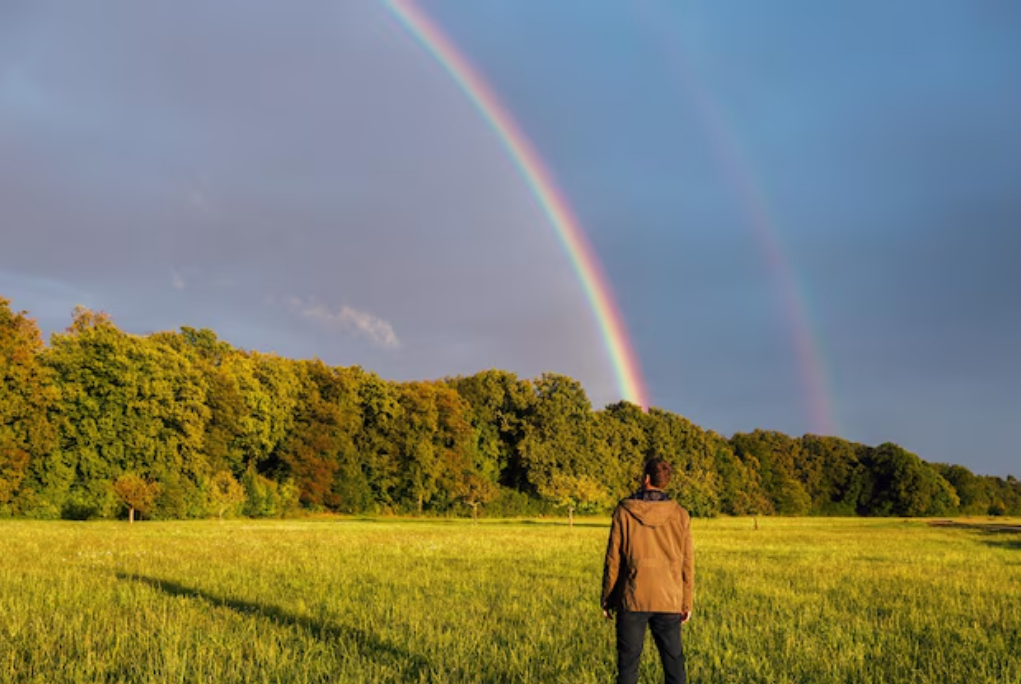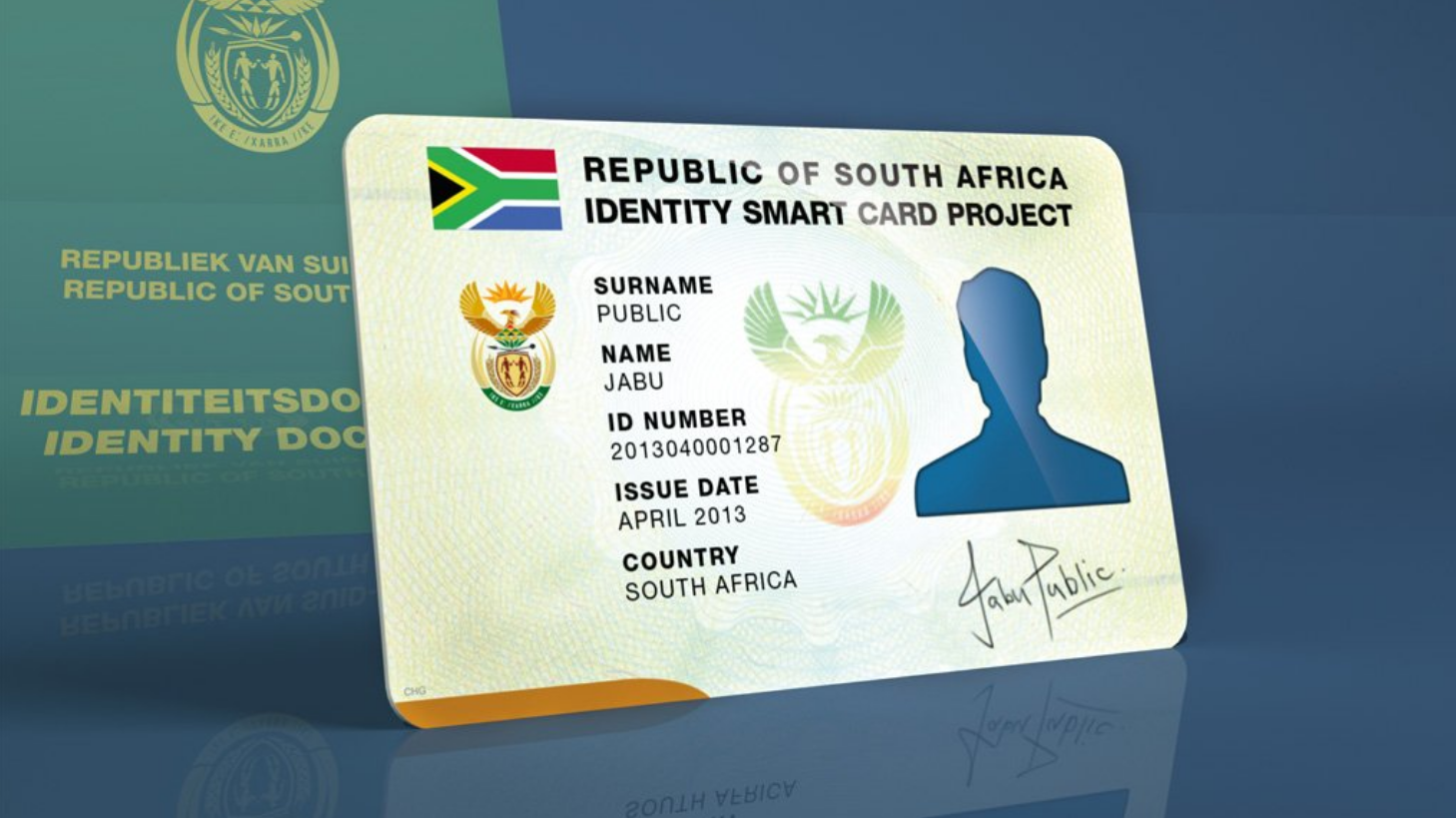
Written by Thulane Madalane.
Thulane Madalane (TM): Can you tell us about your journey and how you became the coordinator of the Urban and Rural Exchange Program?
Thabelo Nematangari (TN): I am a young man who was born in a rural area and later moved to Johannesburg during my early years. Witnessing the misconceptions people have about the various environments I’ve lived in inspired me to introduce this program, which aims to bridge the gap between individuals in urban and rural areas. This program also provides an opportunity to break provincial borders, allowing participants to network and connect with peers from different regions.
TM: What motivated you to get involved with the Urban and Rural Exchange Program?
TN: More than just breaking provincial borders, this program allows us to reclaim our true identity and find ways to modernize some of our traditional activities, which are at risk of being lost despite their great value in our societies.
TM: What is the mission of the Urban and Rural Exchange Program?
TN: Our mission is to develop young individuals who are intentional in the choices they make in their lives. We aim to achieve this by exposing participants to both sides of the coin—the contrasting lifestyles of rural and urban environments.
TM: How do you choose the participants for the Urban and Rural Exchange Program?
TN: Anyone interested in participating is welcome, as long as they are young men between the ages of 14 and 17 years old. Participants must be affiliated with a school in either a rural or urban setting and should be willing to undergo intense mentorship and coaching sessions, as this program aims to support them through to their tertiary education.
TM: What roles do you play in the organization and execution of the Urban and Rural Exchange Program?
TN: As the founder of the program, my primary role is to oversee its success and ensure its smooth operation. I work with a dedicated team that shares various responsibilities to make this program effective.
TM: Can you share some challenges you’ve faced while organizing this program and how you overcame them?
TN: Securing venues for our events has been a challenge, but through outreach and sharing our vision, we received support from many individuals. Another hurdle was determining a reasonable price for participation. After consulting with various stakeholders, we established an affordable price and found ways to reduce costs, as programs like this can be financially demanding. Our goal is to make this program accessible across communities, especially for underprivileged ones.
TM: How do you think the Urban and Rural Exchange Program impacts the youth participants?
TN: Anyone who becomes a part of this program can rest assured that they will emerge as better and more informed individuals. The program will undeniably open up various life opportunities for the participants as they navigate their journey. They will become intentional social activists for change.
TM: What feedback have you received from past participants of the program?
TN: This will be our first intake, and we’ve already observed strong demand across different provinces. Some parents interested in enrolling their children have even asked us to lower the age limit to 8 years, noting that the earlier young kids are exposed to such opportunities, the better. Unfortunately, we are unable to accommodate that request. However, we do have other programs and partners that focus on younger age groups, so we can make recommendations for those interested.
TM: In what ways do you believe the program fosters a sense of community among diverse youth?
TN: The program is structured to give every participant a sense of belonging. We have a fantastic team with remarkable life experiences who will provide participants with greater knowledge and wisdom. Additionally, we will conduct activities addressing various challenging topics that young individuals face in society, led by expert facilitators.
TM: Could you explain the significance of mentorship in the Urban and Rural Exchange Program and how it’s structured?
TN: Everyone needs and deserves good mentorship in their lives; as the saying goes, “No man is an island.” Participants will be paired up (a rural participant with an urban participant) and assigned a mentor. The mentor’s role will be to have regular check-ins with the participants. We will also hold biweekly or monthly collective sessions online to assess the program’s impact and track each participant’s progress.
TM: How do you assess the effectiveness of the Urban and Rural Exchange Program?
TN: Our monthly meetings will serve as assessment tools, and we will rely on parents for feedback and updates that will help us improve participants’ experiences and enhance the program overall.
TM: What partnerships or collaborations are key to the success of the Urban and Rural Exchange Program?
TN: Our success greatly depends on the involvement of scholars in our communities. We believe that without these scholars (particularly male scholars for now), we wouldn’t be able to sustain this program. Therefore, we seek strong partnerships and collaboration between parents and the schools hosting these scholars. We also value contributions from community members, leaders, and the local royalty in various communities.
TM: How important is it to you that the program encourages cultural exchanges among participants?
TN: I am very passionate about reclaiming and preserving our cultural identity. I believe this program can assist in that endeavor. As participants engage in different rural and urban settings, it will awaken something within them, leading to a realization of their true identity.
TM: What future plans do you have for the Urban and Rural Exchange Program?
TN: We have many plans for this program. We hope to see it expand across different provinces and, eventually, extend beyond South Africa’s borders to other African countries.
TM: How can individuals or organizations get involved and support the work of the Urban and Rural Exchange Program?
TN: We welcome sponsorships. There are families who wish to enroll their children but cannot afford the cost. If you are an organization, a company, or an individual willing to support these families, please reach out to us through a call or email using the contact details provided on our poster.










